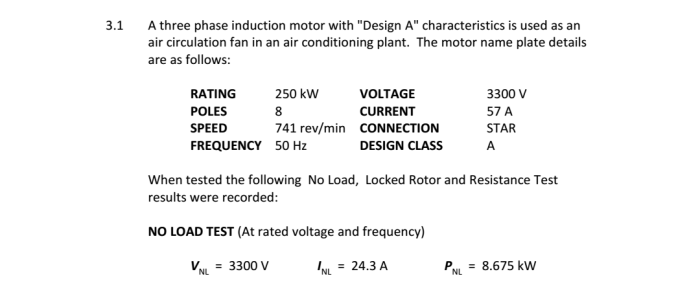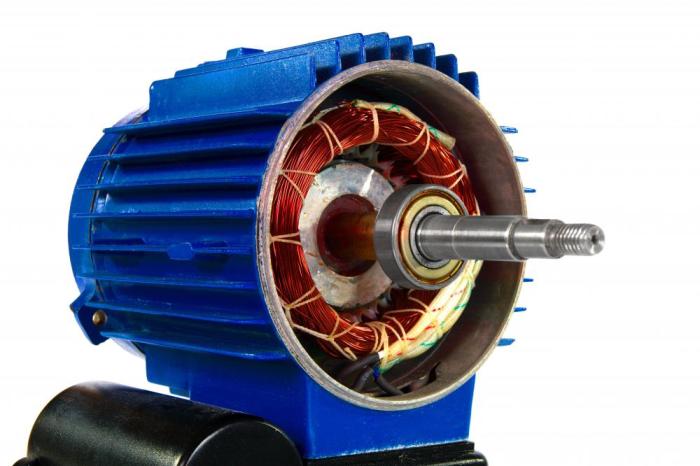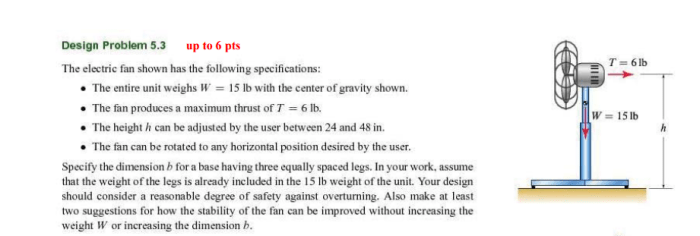When does ecm motor require a capacitor introduces a captivating exploration into the realm of ECM motors, shedding light on the critical role capacitors play in their operation. This discourse delves into the intricacies of capacitor functionality, examining specific scenarios where their presence becomes indispensable for ECM motors to deliver optimal performance.
As we delve deeper into this subject matter, we will uncover the diverse types of capacitors employed in ECM motors, each possessing unique advantages and drawbacks. Furthermore, we will explore the meticulous process of capacitor selection and sizing, ensuring that the appropriate capacitance value is meticulously calculated to meet the specific requirements of each ECM motor application.
Capacitor Requirement in ECM Motors: When Does Ecm Motor Require A Capacitor

Capacitors play a crucial role in ECM (Electronically Commutated Motor) motors by providing the necessary starting torque and improving overall motor performance. ECM motors are widely used in various applications, including fans, pumps, and compressors, due to their high efficiency, reliability, and quiet operation.
Specifically, capacitors are required in ECM motors for the following reasons:
- Starting Torque:ECM motors require a high starting torque to overcome the initial inertia of the load. Capacitors provide the necessary phase shift to create the required starting torque.
- Commutation:Capacitors help in the commutation process, which is the electronic switching of the motor’s phases. They store energy and release it at the appropriate time to ensure smooth commutation and prevent overheating of the motor.
- Power Factor Correction:Capacitors can improve the power factor of the motor by reducing the reactive power drawn from the power supply. This results in reduced energy consumption and improved overall efficiency.
Types of Capacitors Used in ECM Motors

There are two main types of capacitors used in ECM motors:
- Electrolytic Capacitors:These capacitors are commonly used due to their high capacitance and low cost. However, they have a limited lifespan and are sensitive to high temperatures and voltage spikes.
- Film Capacitors:Film capacitors offer a longer lifespan and better temperature and voltage tolerance compared to electrolytic capacitors. However, they are generally more expensive.
The choice of capacitor type depends on factors such as the motor’s voltage, operating temperature, and desired lifespan.
Capacitor Selection and Sizing
Selecting the appropriate capacitor for an ECM motor is crucial to ensure optimal performance and longevity. The following factors should be considered:
- Motor Voltage:The capacitor’s voltage rating must match or exceed the motor’s operating voltage.
- Capacitance Value:The capacitance value is determined based on the motor’s power, speed, and desired starting torque. A higher capacitance value provides higher starting torque but may reduce the motor’s efficiency.
- Capacitor Type:The type of capacitor (electrolytic or film) should be selected based on the desired lifespan and operating conditions.
To calculate the appropriate capacitance value, the following formula can be used:
C = 2890
- P / (V^2
- f
- T)
- C: Capacitance in microfarads (µF)
- P: Motor power in watts
- V: Motor voltage in volts
- f: Motor frequency in hertz
- T: Starting torque in newton-meters
Capacitor Installation and Wiring

Proper installation and wiring of capacitors in ECM motors are essential to ensure safety and optimal performance. The following steps should be followed:
- Safety Precautions:Before handling any electrical components, ensure that the power supply is disconnected and the motor is isolated.
- Capacitor Mounting:Mount the capacitor securely in a suitable location within the motor enclosure. Ensure proper ventilation and accessibility for future maintenance.
- Capacitor Wiring:Connect the capacitor terminals to the appropriate motor terminals according to the motor’s wiring diagram. Typically, the capacitor is connected in parallel with the motor windings.
- Terminal Insulation:Insulate all capacitor terminals properly to prevent short circuits and ensure electrical safety.
- Testing:After installation, perform a continuity test to ensure that the capacitor is properly connected. Also, measure the capacitance value to verify that it matches the calculated or specified value.
Troubleshooting Capacitor Issues

Capacitors are prone to failure over time, which can lead to various motor problems. Common capacitor-related issues in ECM motors include:
- Motor Failure to Start:A faulty capacitor can prevent the motor from starting due to insufficient starting torque.
- Motor Overheating:A failed capacitor can cause excessive current draw, leading to overheating and potential motor damage.
- Reduced Motor Performance:A capacitor with reduced capacitance can result in decreased motor speed, torque, and efficiency.
To troubleshoot capacitor issues, the following steps can be taken:
- Visual Inspection:Inspect the capacitor for any signs of physical damage, such as bulging or leaking.
- Capacitance Measurement:Measure the capacitance value of the capacitor using a capacitance meter. A significant deviation from the specified or calculated value indicates a potential issue.
- Continuity Test:Perform a continuity test to check for any open or short circuits in the capacitor.
- Replacement:If the capacitor fails any of the tests, it should be replaced with a new capacitor of the same type and rating.
FAQ Corner
What is the primary function of capacitors in ECM motors?
Capacitors in ECM motors serve the crucial purpose of providing the necessary starting torque and maintaining a stable operating speed, ensuring smooth and efficient motor operation.
Can ECM motors operate without capacitors?
No, ECM motors require capacitors to generate the starting torque necessary for initial operation and to maintain a consistent speed under varying load conditions.
What factors should be considered when selecting a capacitor for an ECM motor?
When selecting a capacitor for an ECM motor, factors such as motor power, operating voltage, and desired starting torque must be carefully evaluated to ensure optimal performance.